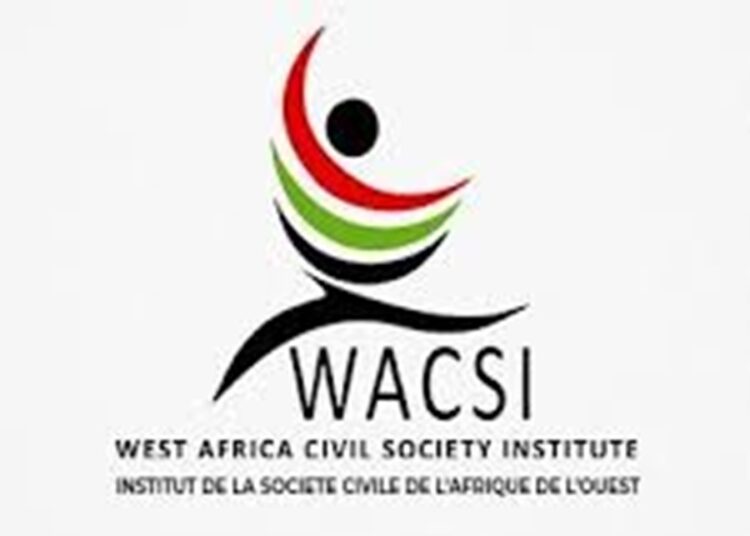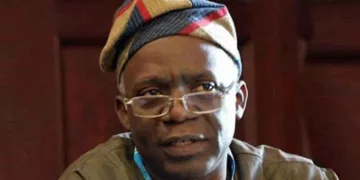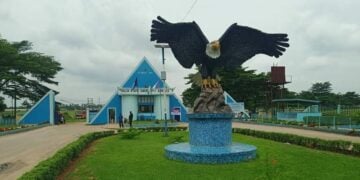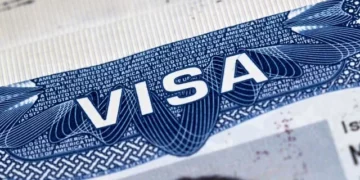In a bid to strengthen civil society organisations in Nigerian, the West Africa Civil Society Institute (WACSI) has convened a crucial meeting with over 40 civil society organisations to deepen its engagement with the organisations across Nigeria.
The institute led by the Executive Director, Nana Asantewa Afadzinu, during the meeting yesterday in Abuja, advocated for a shift in power dynamics, ensuring that civil society in countries like Nigeria and Ghana are seen as equal partners in the development sector.
Afadzinu said that their aim is to build trust-based, sustainable funding models that treat local organisations as vital, not secondary, players.
She said that as a regional organisation based in Ghana, WACSI serves all 15 ECOWAS countries, but given Nigeria’s size and influence.
“We recognised the need for a dedicated office here. Our new WACSI-Node in Nigeria will allow us to respond to the unique needs of civil society here more effectively,” he said.
Afadzinu emphasised that the WACSI-Node Nigeria office would help bridge existing gaps in support and serve as a local resource for civil society.
“With numerous organizations in Nigeria seeking our support, proximity is essential. Today, we are asking how WACSI can add value to the work of these organisations and strengthen the civil society ecosystem in Nigeria so that it is effective, resilient, and sustainable,” he said.
The session brought together around 40 civil society organizations from various geopolitical zones, reflecting Nigeria’s diverse perspectives and needs.
This gathering follows the recent West Africa Civil Society Week, where regional organisations came together to address shared challenges.
While speaking about WACSI’s priorities for the next year, Afadzinu highlighted resource mobilisation and fostering local philanthropy to reduce dependence on external donors.
“We are not only supporting civil society to mobilize international resources; we are also focusing on local philanthropy and alternative funding methods beyond traditional proposal writing. We are exploring ways for civil society to raise funds locally,” she said.
Afadzinu also noted WACSI’s commitment to promoting equitable relationships within the international development community.
“We advocate for a shift in power dynamics, ensuring that civil society in countries like Nigeria and Ghana are seen as equal partners in the development sector. Our aim is to build trust-based, sustainable funding models that treat local organizations as vital, not secondary, players,” she said.
The Head of Policy Influencing and Advocacy at WACSI, Omolara Balogun, reiterated the importance of understanding the unique challenges Nigerian civil society faces.
“WACSI is an inclusive organization focused on tailoring its support to the specific needs of civil society. We do not want a prescriptive approach; rather, we want to work alongside civil society organizations, listening to them and responding to their priorities,” he said.
She emphasized that the meeting was an opportunity to identify priority issues and gain insight into the current challenges impacting Nigerian civil society.
“Today’s engagement allows us to understand how WACSI can support the growth, resilience, and effectiveness of civil society in Nigeria, particularly as they face challenges to democracy and civic freedoms,” she said.
Balogun highlighted the current economic downturn across West Africa, combined with political strains and security concerns as a pressing issue.
“The high cost of living and the disconnect between government and citizens add immense pressure. Furthermore, restrictions in digital access, media censorship, and the shrinking civic space present significant barriers for civil society.
“Civil society continues to strategize, mobilize local resources, and clarify their mission amid these restrictions. WACSI is dedicated to strengthening their advocacy capabilities, regulatory compliance, and access to data and information,” she said.
Balogun further underscored WACSI’s role in advocating for strengthened democratic institutions across West Africa.
“Democracy is weakened right now, almost ‘sick’ in a sense, and needs reinforcement. Strengthening democracy is essential not just for civil society but for the future of all citizens in West Africa,” she said.
As WACSI continues to support Nigerian civil society, the organisation hopes its efforts will contribute to a more resilient, effective, and sustainable civil society sector across the region.





